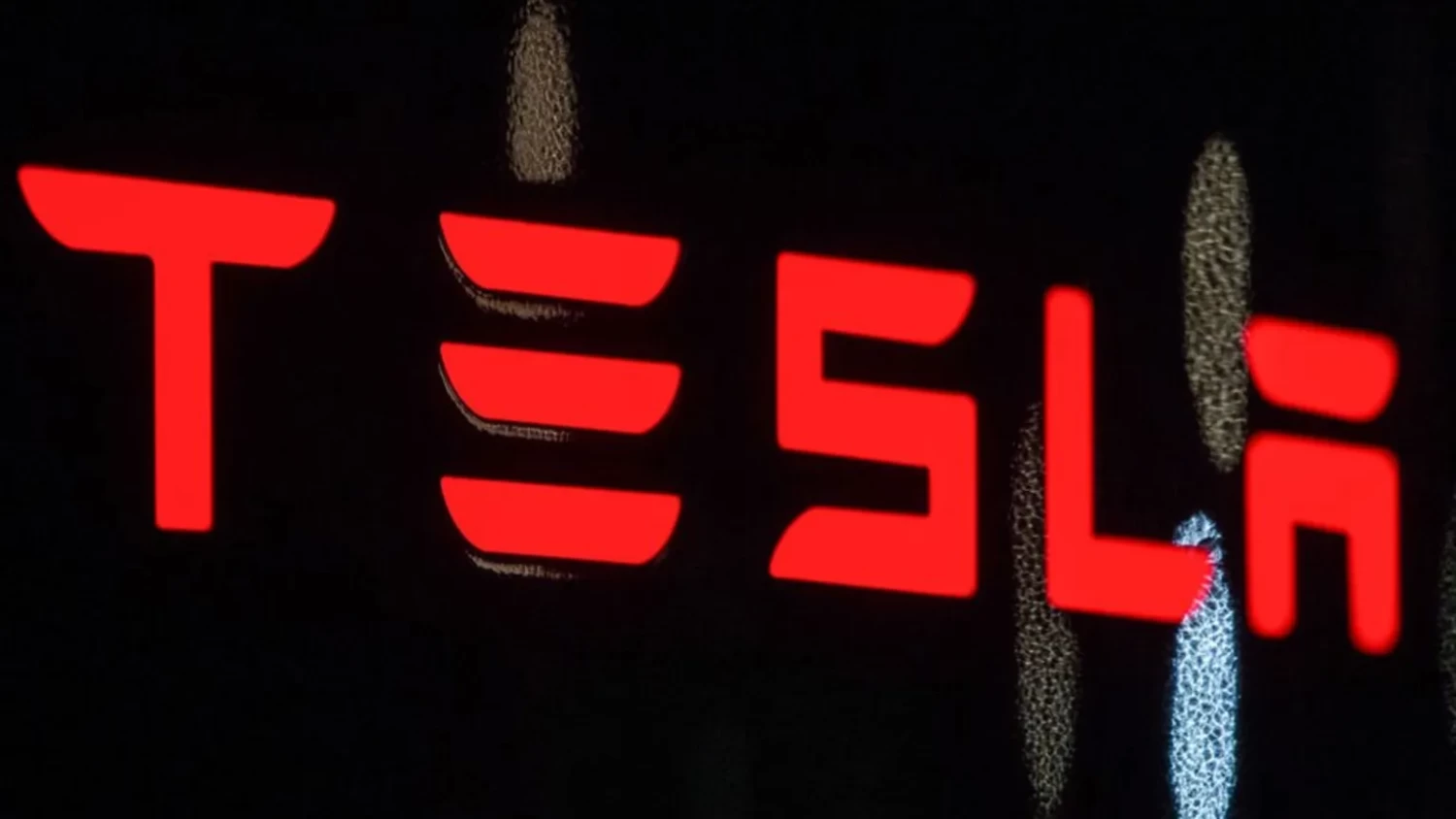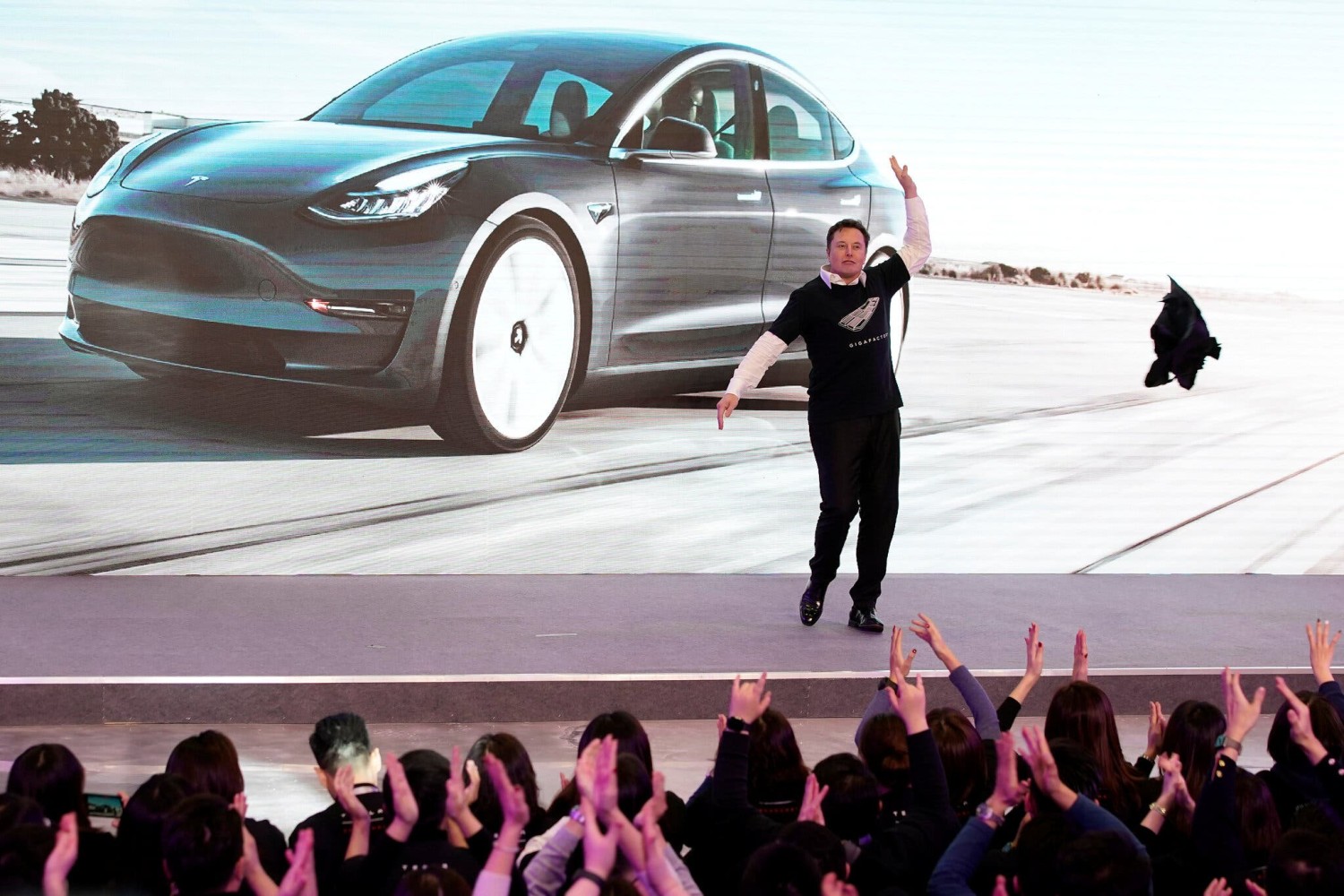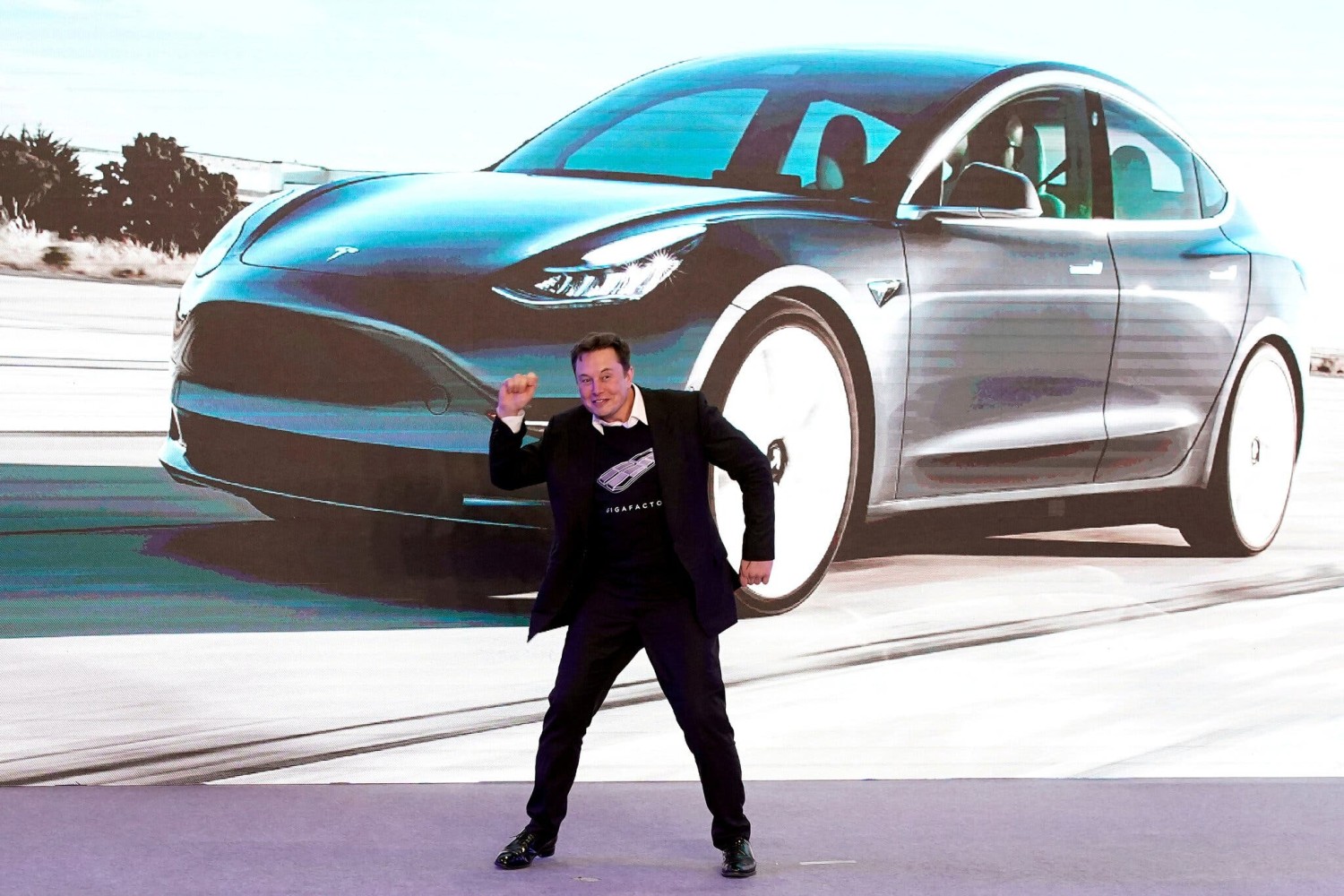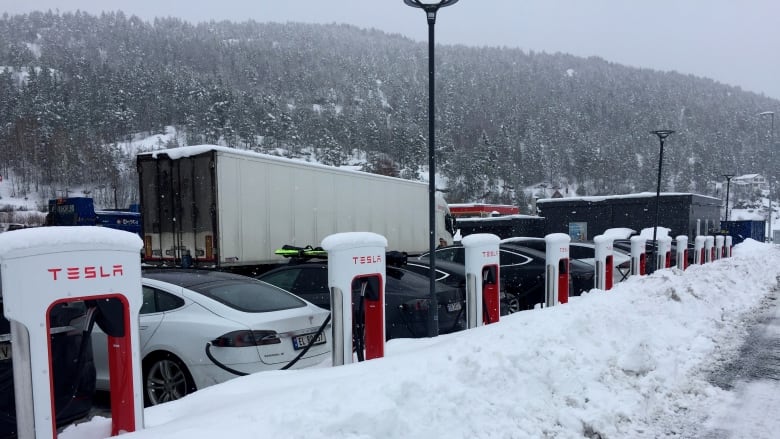This article is more than
1 year oldEx-Tesla employee casts doubt on car safety
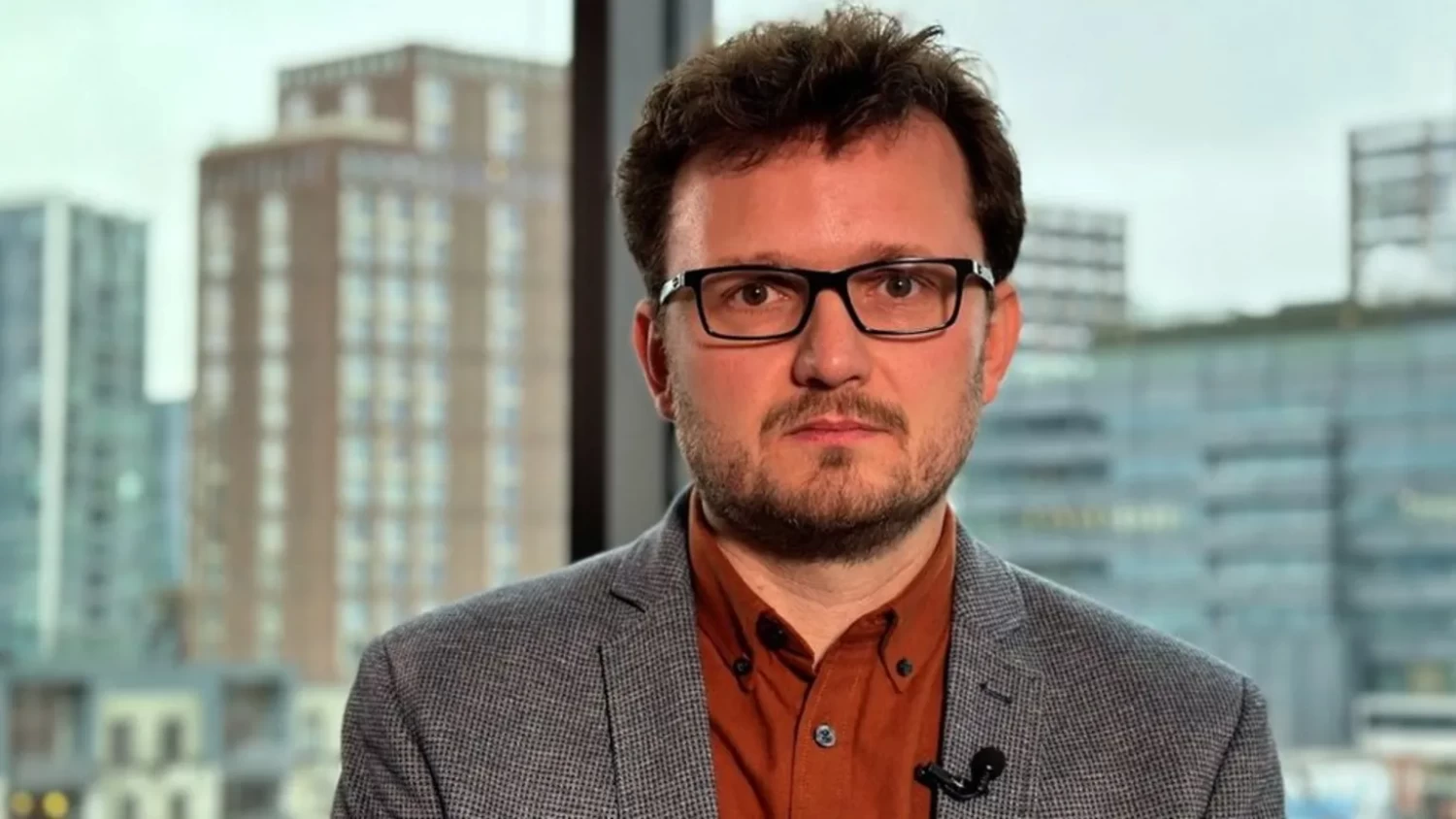
Lukasz Krupski leaked data, including customer complaints about Tesla's braking and self-driving software, to German newspaper Handelsblatt in May.
He said attempts to highlight his concerns internally had been ignored.
Tesla did not respond to requests for comment.
Elon Musk, the chief executive of Tesla, has championed its self-driving technology.
"Tesla has by far the best real-world AI," Mr Musk said in a post on X, formerly Twitter, on Saturday.
But, in his first UK interview, Mr Krupski told the BBC's technology editor, Zoe Kleinman, he was concerned about how AI was being used - to power Tesla's autopilot service.
Its autopilot feature, for example, includes assisted steering and parking - but, despite its name, it does still require someone in the driver's seat with their hands on the wheel.
"I don't think the hardware is ready and the software is ready," he said.
"It affects all of us because we are essentially experiments in public roads. So even if you don't have a Tesla, your children still walk in the footpath."
Mr Krupski said he had found evidence in company data which suggested that requirements relating to the safe operation of vehicles that had a certain level of autonomous or assistive-driving technology had not been followed.
He added that even Tesla employees had spoken to him about vehicles randomly braking in response to non-existent obstacles - known as "phantom braking". This also came up in the data he obtained around customer complaints.
According to Tesla's own data, at the end of 2022 US customers using Autopilot averaged one crash where the airbag deployed roughly every 5 million miles travelled.
It claims that Tesla drivers not using it averaged once every 1.5 million miles or so.
The US driver overall average was once every 600,000 miles. The BBC cannot independently verify Tesla's figures.
Mr Krupski said he had felt compelled to share what he had found with data protection authorities.
The US Department of Justice have been investigating Tesla over its claims relating to its assisted driving features since January.
Tesla has also faced similar probes and questions from agencies including the National Highway Traffic Safety Administration about its autopilot system.
German newspaper Handelsblatt published the "Tesla Files" after Mr Krupski shared 100GB of internal data he discovered.
The data protection authority in the Netherlands, where Tesla's European headquarters are based, confirmed to the BBC it had been notified of the data breach and was looking into the claim.
Barely sleeping
Mr Krupski said the last six months and experience of being a whistleblower had been "terrifying".
"I barely sleep at night sometimes," he told the BBC.
But his actions have been recognised by others - he has been awarded the Blueprint for Free Speech Whistleblowing Prize.

Jack Stilgoe, an associate professor at University College London who researches autonomous vehicles, said Mr Krupski's claims raised wider concerns about the technology.
"This is a sort of test case of artificial intelligence in the wild, on the open road, surrounded by all the rest of us," he said.
The UK Government announced plans for an Automated Vehicles Bill to outline a legal framework for self-driving cars in the King's Speech in early November.
"We'll have to see as the bill gets developed whether it grapples with all of the novel things about the technology," Prof Stilgoe added.
Keywords
Newer articles
<p>A bill that will ban TikTok in the United States unless its Chinese owner divests from the company has passed overwhelmingly.</p>
Congress gets closer to forcing TikTok to be sold or face US ban: What's ne
Israel Iran attack: Damage seen at air base in Isfahan
Ukraine ‘will have a chance at victory’ with new US aid, Zelenskyy says
Who will be Trump’s VP? A shortlist
Ukraine war: Kyiv uses longer-range US missiles for first time
House passes potential TikTok ban that could speed through Senate
Congress passes bill that could ban TikTok after years of false starts
How soon could US ban TikTok after Congress approved bill?
Taylor Swift broke Spotify record with new album
